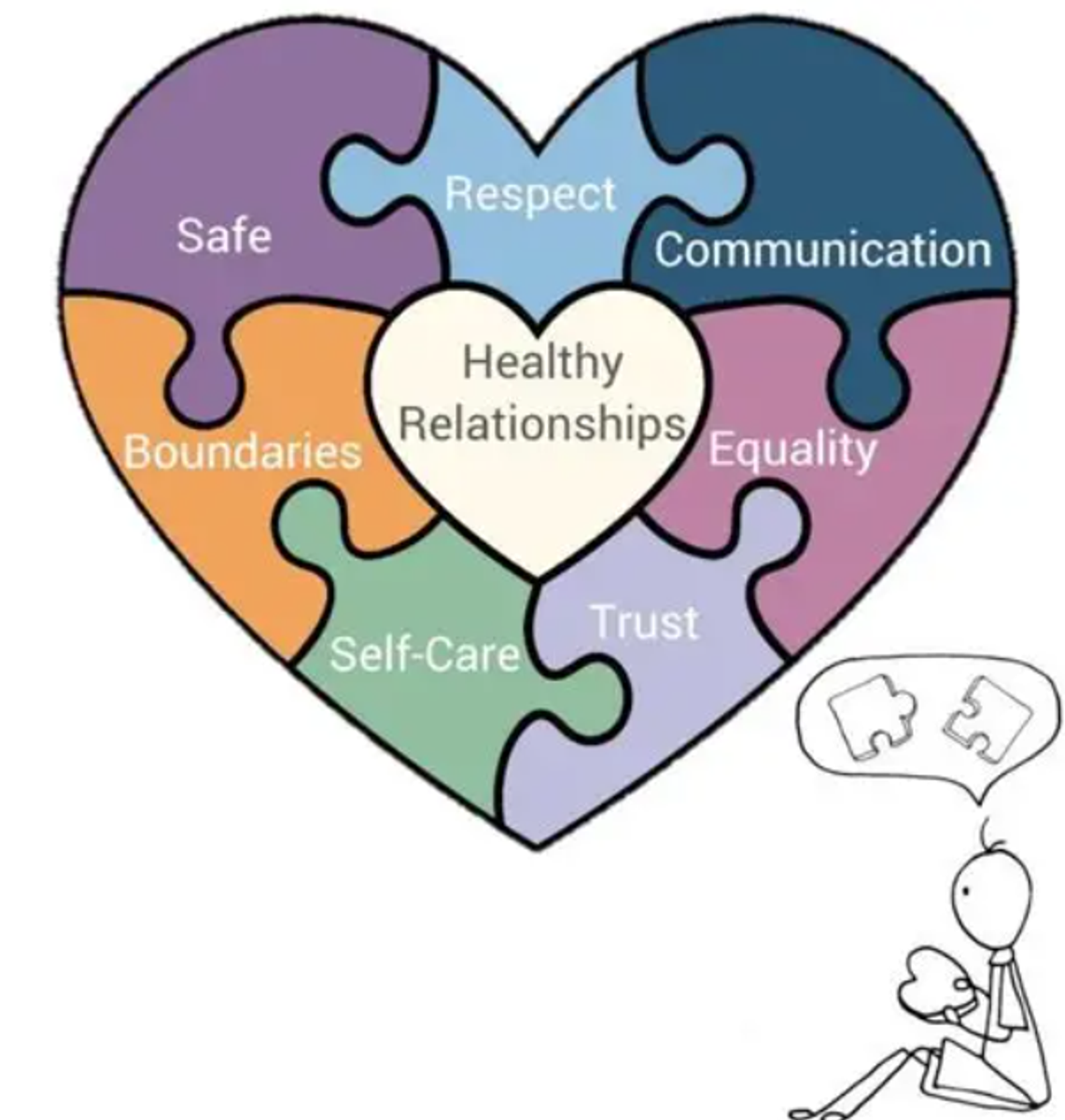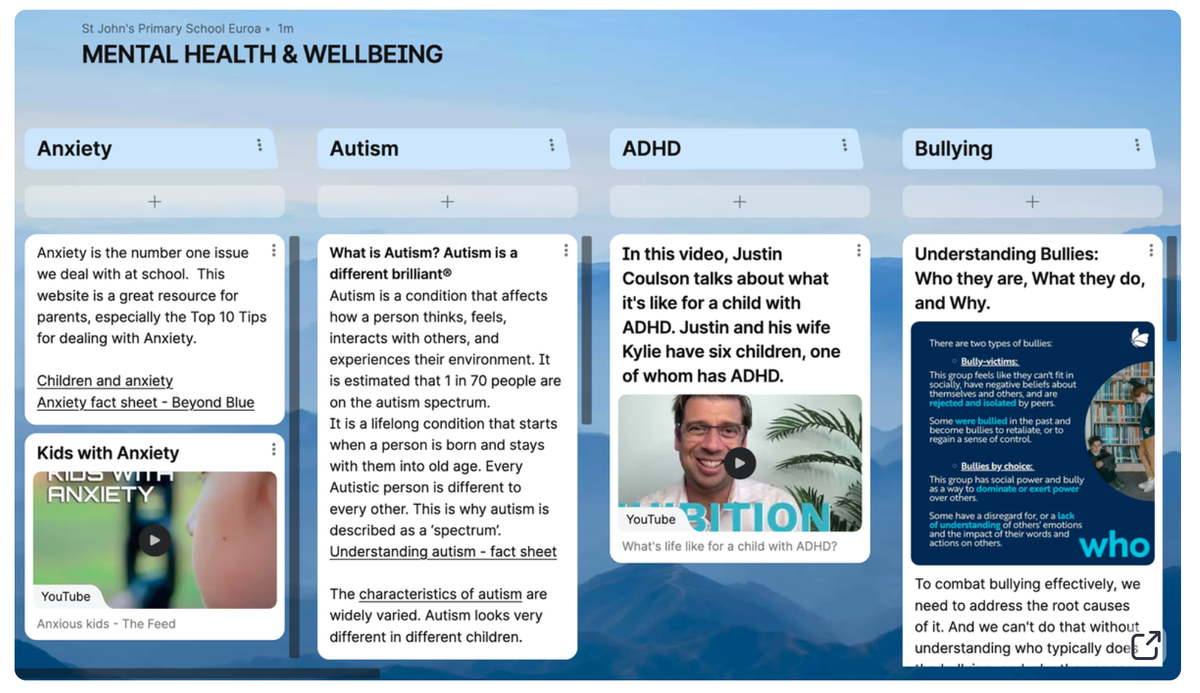Mental Health in Primary Schools:
Protecting Children’s Mental Health Through Healthy Relationships

Mental Health in Primary Schools:
Protecting Children’s Mental Health Through Healthy Relationships
Growing up with divorced parents shaped the way I view relationships. As a child, I often felt the push and pull between two worlds, learning to adapt to different routines, rules, and ways of being. There were times I longed for peace and stability, wishing the adults in my life could see things through my eyes. Yet, there were also moments of strength—I learned resilience, empathy, and how deeply a child’s sense of safety depends on the relationships around them.
As an adult, entering my own relationships, brought these lessons to the surface. I understood the importance of communication, kindness, and working through conflict, but I also realised that relationships are never perfect. Relationships can be tested in many ways, and separation or divorce sometimes becomes a reality. What matters most is how we choose to navigate these moments—not just for ourselves, but for our children.
The Importance of a Healthy Relationship
Research consistently shows that children’s mental health is most affected not by divorce/separation itself, but by the level of conflict and the quality of relationships they experience. When parents can maintain respect, open communication, and shared care, children feel more secure and supported.
However, it is important to acknowledge that this is not always possible. Some situations involve conflict, unresolved hurt, or circumstances where safety and wellbeing must take priority. In these cases, children may be more vulnerable to stress, anxiety, or difficulties adjusting.
Strategies to Support Children’s Mental Health During Divorce /separation
Even when parents separate, there are strategies that can help children feel safe, loved, and supported:
Grandparents, aunties, uncles, teachers, and family friends play an important role in creating stability and showing children they are loved by many.
Looking Forward with Hope
While divorce/separation can feel overwhelming, it also offers families a chance to redefine what healthy relationships look like. By focusing on respect, communication, and care, parents can ensure their children grow up with resilience and hope.
My personal separation journey taught me that no family is perfect, but love, empathy, and commitment to wellbeing can make a lasting difference. For children, what matters most is not whether parents live under one roof, but whether they feel safe, loved, and supported in both.
Ally Johnston
Mental Health in Primary Schools Leader




Click to access past resources